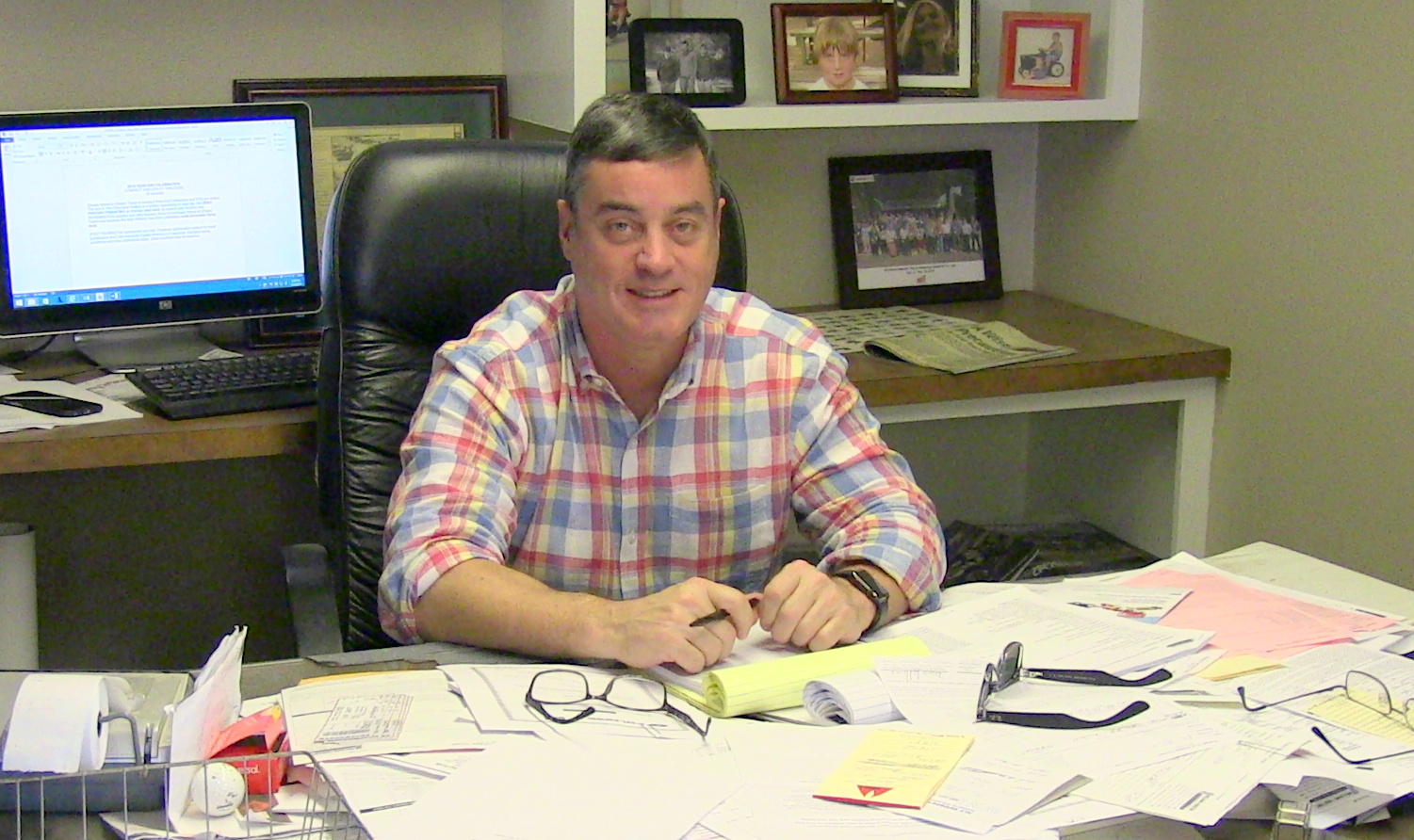Williams Tractor
Founded: 1973
Locations: Fayetteville, Berryville, Rogers and McGehee, Ark., and Rayville, La.
Lines Carried: New Holland, Case IH, Kioti, Bush Hog, Woods, Rhino, Big Dog, Bad Boy, Bobcat, Polaris, Kawasaki, Yamaha, Suzuki, KTM, Kymco, Haybuster, Vermeer, Hustler, Terex and Landoll
Business System: DIS
Challenge & Solution: Maintaining positive off-season cashflow in the service department by offering diverse products and aggressively pursuing high machine populations.
Williams Tractor is featured in Rural Lifestyle Dealer's 2017 "Season-to-Season" series. The 7-store dealership is based in Fayetteville, Ark. Doug Williams, the second-generation owner shares his strategies on a variety of topics, including managing a rental department. Here is an excerpt from the story in our winter issue and you can read the complete feature here.
Williams says the best method he’s found to promote compact tractors is by offering rental. “We’ve always looked at it as a paid demonstration. So, instead of me going out to your place and demoing a tractor for free, you’re coming to me and renting my machine that, hopefully, you’ll be impressed with and want to own. We try to do as much rental as we can and we think we can do more in that area,” Williams says.
Some dealers shy away from the rental business, dreading arguments with customers if the machines are returned with damage. Williams says that an extra effort before the machine leaves the dealership will prevent later issues. “You have to handle that on the front end and have a process in place. You have a walk-around and take pictures before the rental. There’s a little more to it than just handing somebody the keys. If these issues are addressed beforehand, they don’t become a big problem when they do happen,” he says.
Williams says a big key to success in rental is using the manufacturer-sponsored programs that encourage the practice. “We set up a rental yard, so we get discounts that aren’t available to the average consumer, so the products are a little less money going in there. The suppliers have rules on how long the units have to stay in rental, so we find out what that minimum retention date is and we start marketing that machine a month before the retention comes up. So, hopefully when that 6 or 12 months is up, we have a buyer for that machine already. And we just roll another one in there,” he says.
Once the machines cycle out of the fleet, they become attractive to a large audience who may be looking for late model trades, which are fairly rare. “One thing we do about every month is evaluate our rentals. We look at what’s in the rental fleet today that we can sell in the next 30-60 days and what’s there that should have been sold 2 months ago. Then, we look at what we have to do marketing-wise for the next 2 months and adjust accordingly,” he says.




Post a comment
Report Abusive Comment